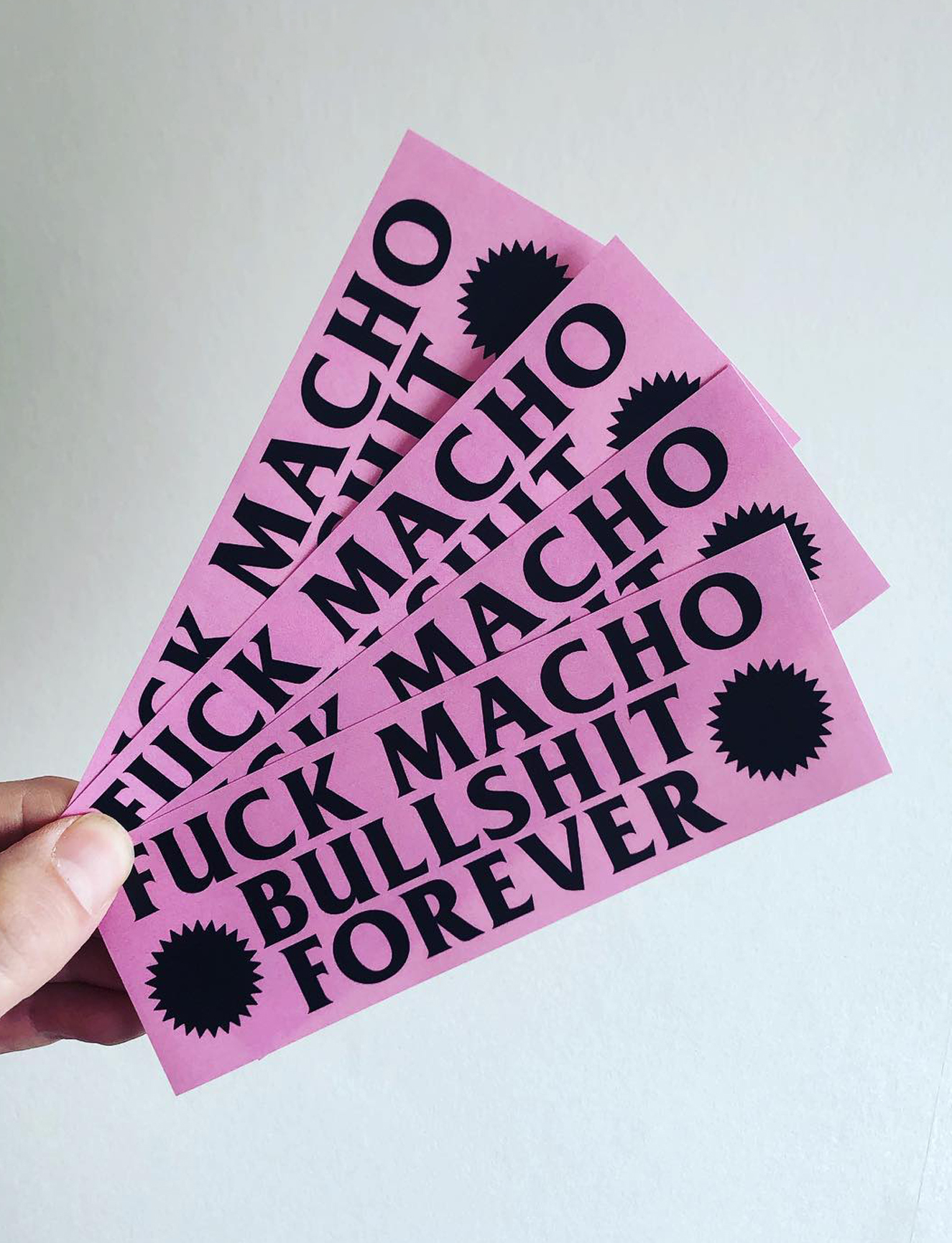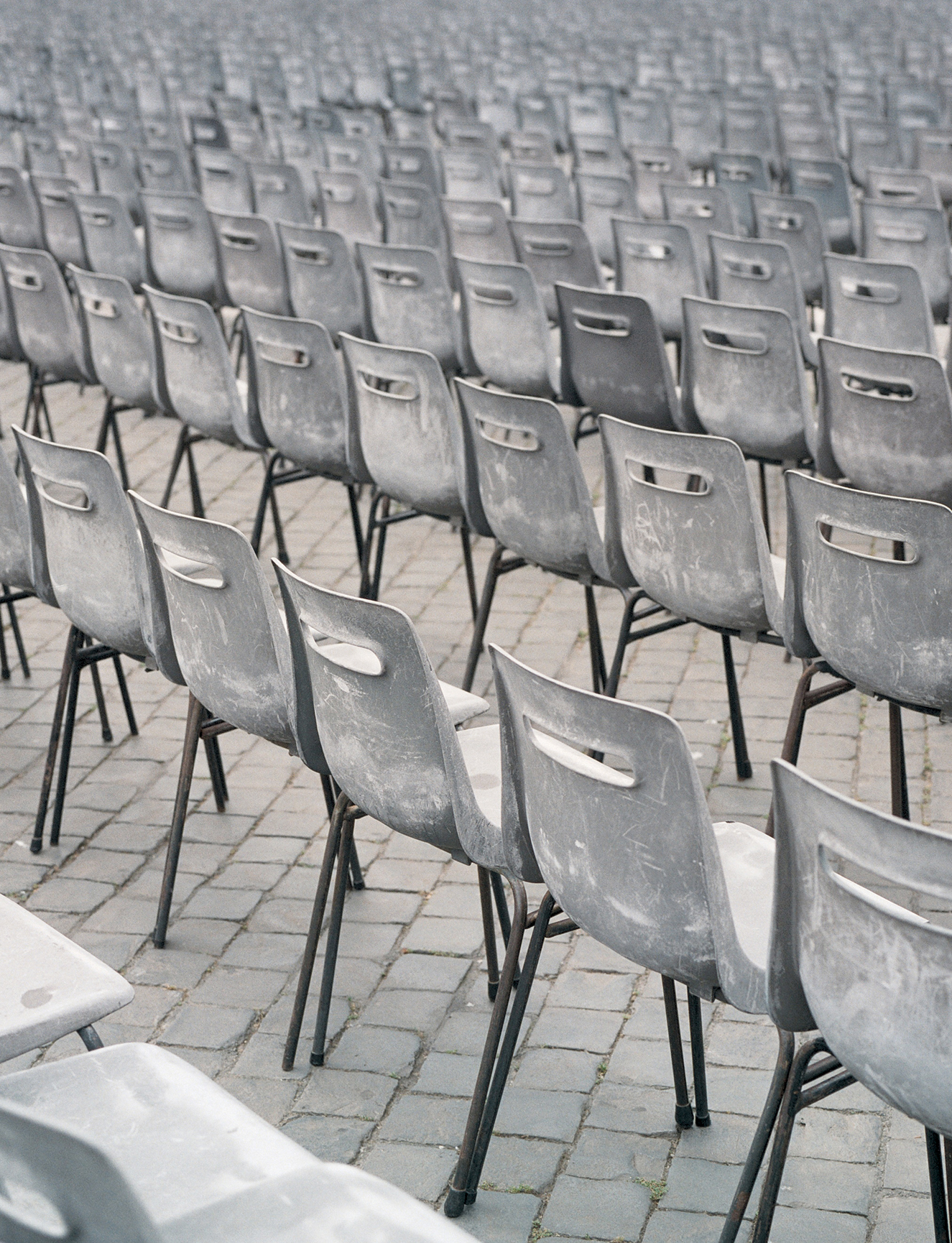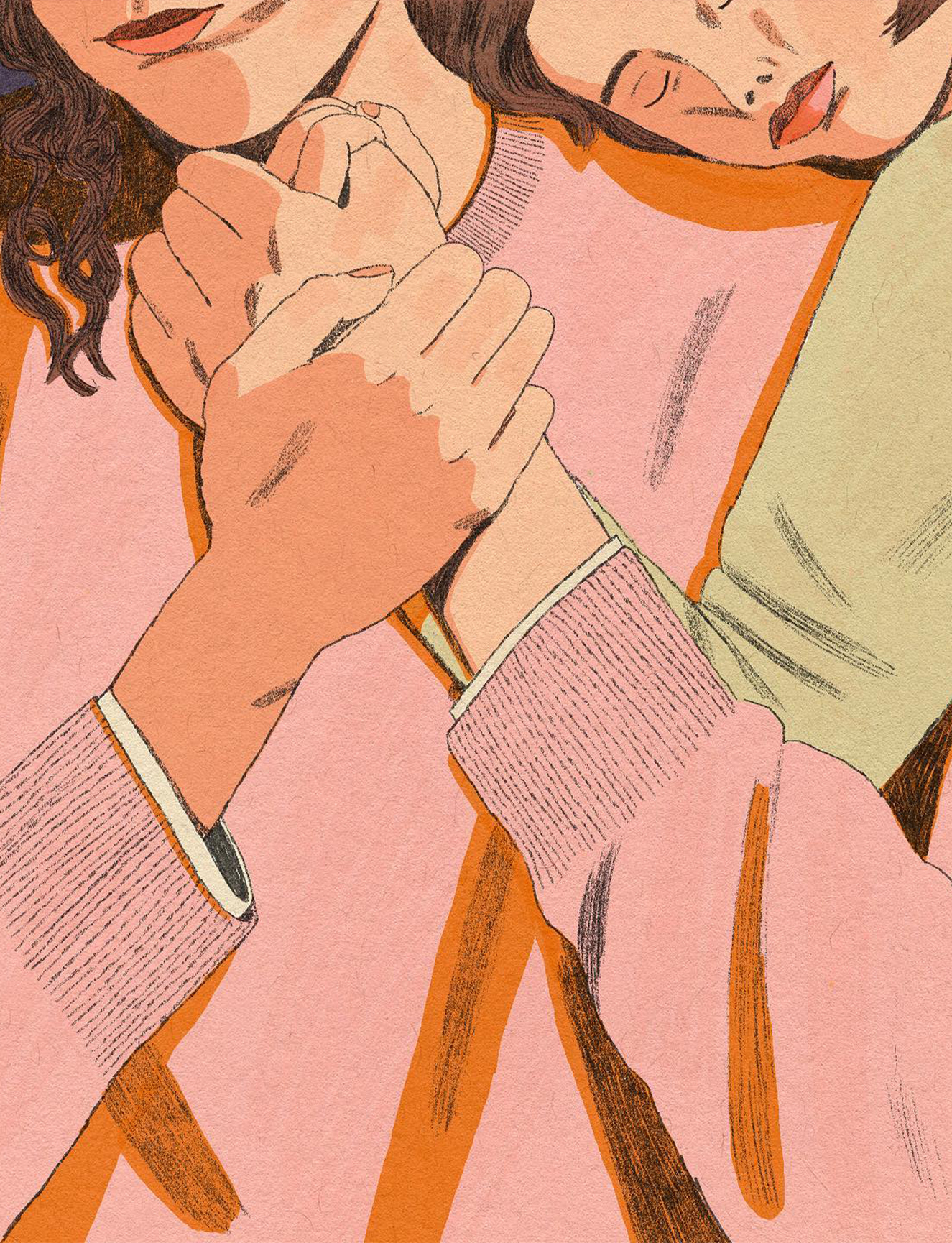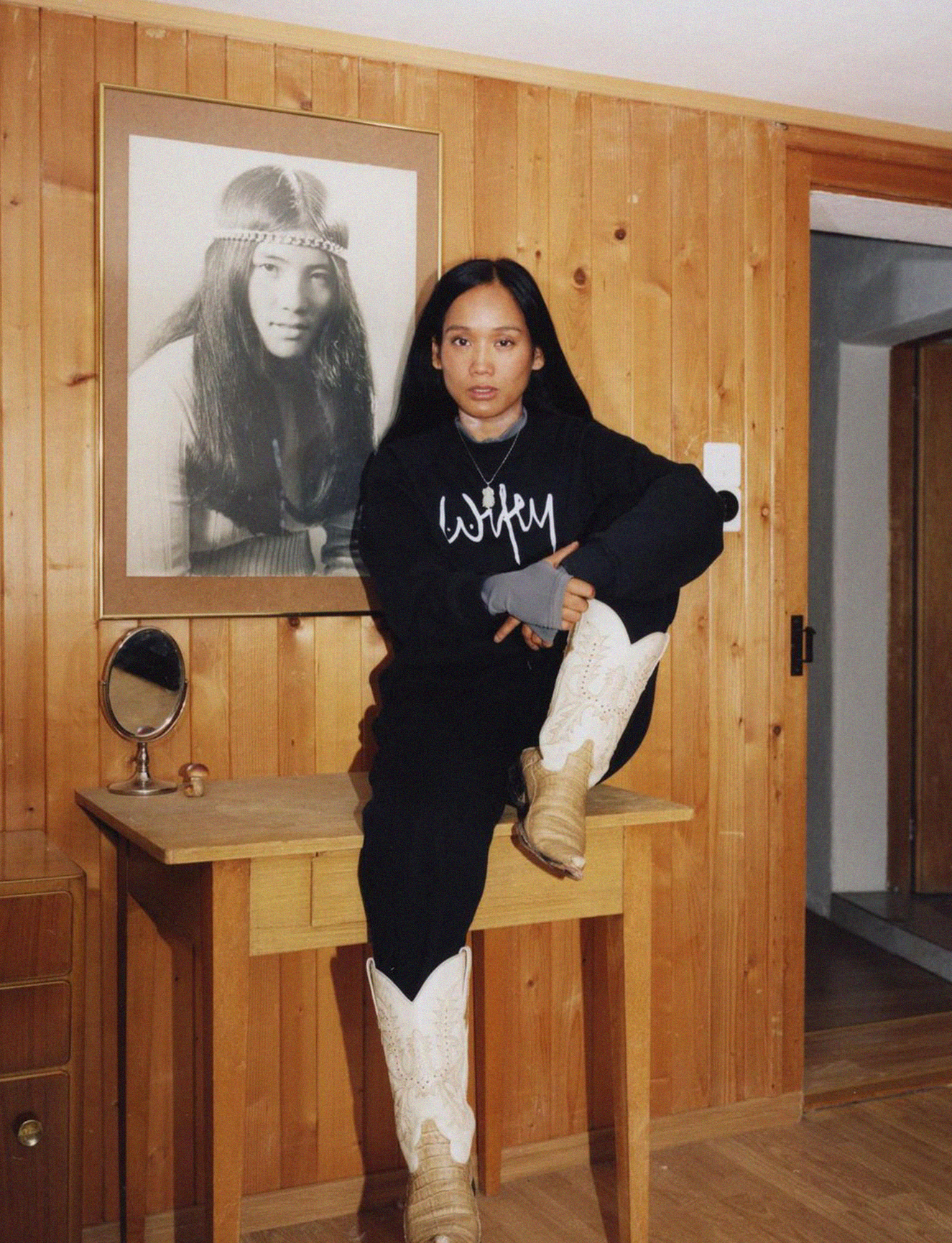How did you start Black Lodge Press and what did you envision for it when you were starting it?
It started probably about 10 years ago. A few of my mates had DIY record labels, and I wanted to do something that was similar to that. Records and making records was something I didn’t have any clue about, but I had been making zines since I was about 17 or 18. So I thought, ‘I’ll start a small zine publishing press.’ I mean I say press, but at first it was just me and a few pals making zines and comics and putting them out there, sometimes for free, sometimes we’d go to design fairs and sell them, or we’d leave them scattered about the city; this was in Newcastle.
How has the project changed over the past decade?
Over the years it has morphed into doing more of my own stuff, putting my own stuff out. Then it morphed again from that into becoming more a print project rather than specifically a zine and comic project. The zines were inherently political, they were about radical politics, or about queer culture, or some aspect of political queerness. But the thing about making a zine or a comic is that it takes ages. I wanted something that was quicker, so that if you have something you want to say it can be done in a day rather than having to spend six months making a zine, and then by the time you’ve finished it the world’s moved on.
The zines were inherently political
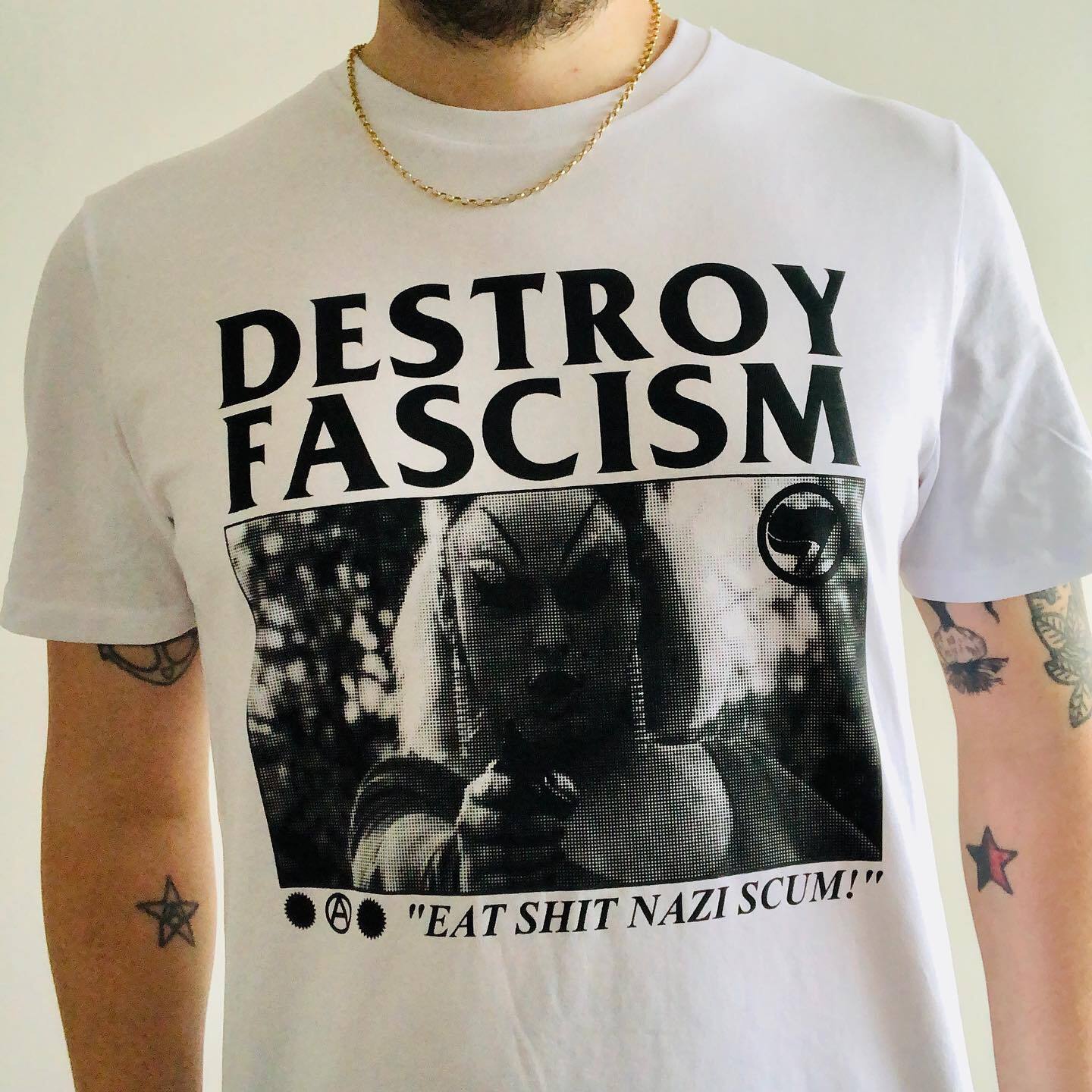
So I wanted an immediacy, which printmaking and print design have. Around the time of the pandemic and lockdown I was working from home and had less work to do, so had more time for what I had always been doing on the side; making zines and prints and stuff. I found a style, and it’s become a very particular style of stuff that I do, and then it’s just kind of gone from there.
Do you have any formal training in visual art?
No, no, I did art at high school, but nothing since then. It’s been totally DIY. Which is kind of central to the whole project. I’m really terrible, people always ask me, “What programmes do you use?” Or if I’m doing a commission people will ask me to send over particular file formats and all this kind of stuff. I have no idea!
To make pieces I basically use a free programme that I got from the Internet. I’ve used it for 10 years, and I have no idea how to use anything else. So if it stops working then I’m kind of fucked, because I’ve tried Photoshop in the past and I just can’t stand it.
How did you find your visual style as an artist?
From about 2017 I started making comics with a very particular visual style, which is similar to what I do now. A single page with framed images in different sizes, and then it’s interspersed with text as well. I started doing that first as comics, single page comics, and I did a series of three comic book zines, all based on the lives of artists who were lost in the HIV pandemic – Arthur Russell, Derek Jarman and David Wojnarowicz.
For the David Wojnarowicz zine, he has a famous quote about the AIDS epidemic: “If I die of AIDS—forget burial—just drop my body on the steps of the F.D.A.” So I used that text and interspersed it with images that I’d drawn, and I just thought, ‘That’s a really nice looking thing.’
I tried it with a different font and then tried a series of different very simple messages – destroy fascism, queer anarchy – almost political slogans. Initially I did four of those, and then it’s just kind of gone from there.
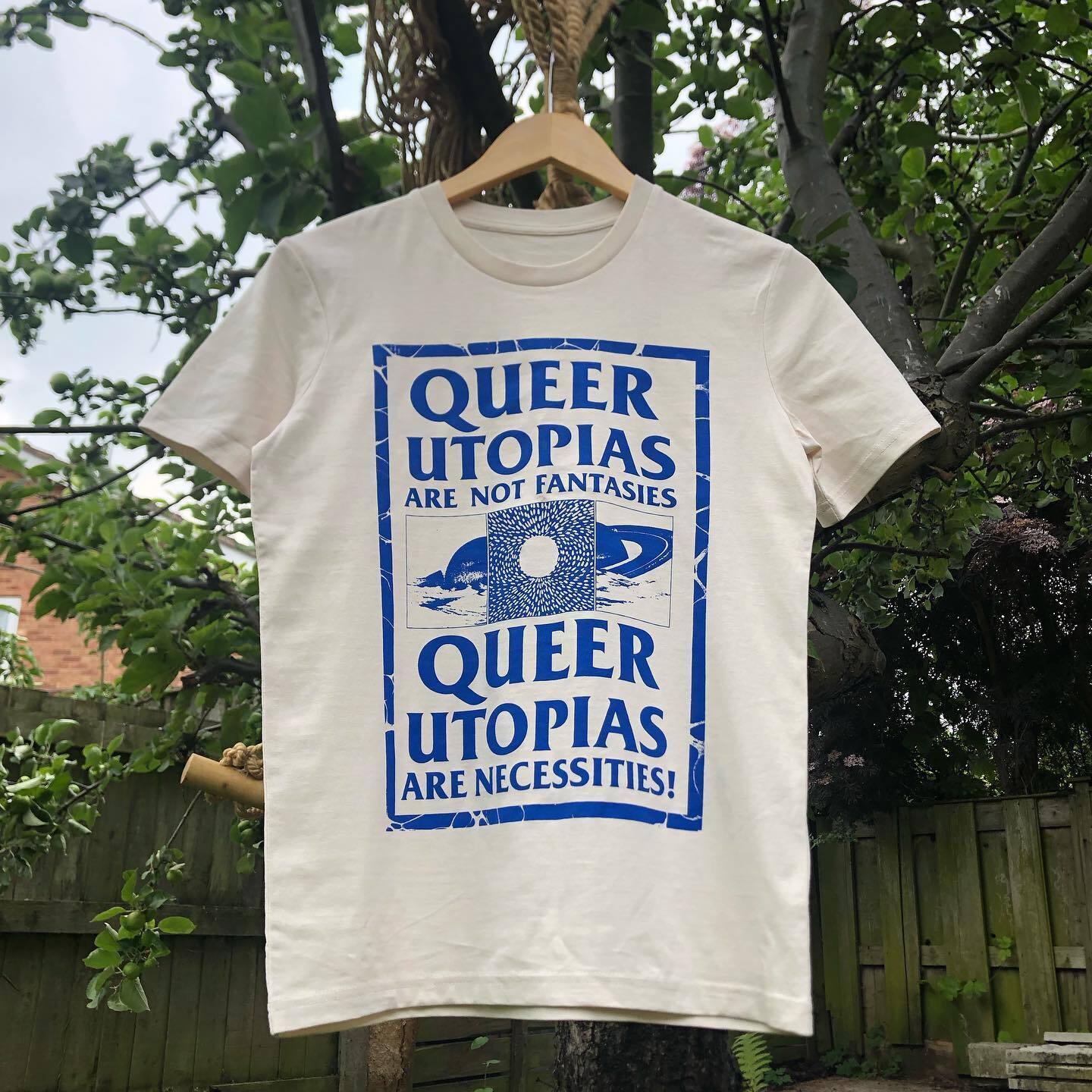
That use of text is really interesting to me, because I think text can be really effective for political messages but it has to be quite carefully deployed.
Definitely. I think you have to have your own voice within it as well, as there are a lot of cliches, sometimes, with political art, in terms of text that gets used. For me it comes from a background of being really involved in political movements, particularly anarchist and anti-fascist politics. Something that I always liked doing was making banners, and with banners you’ve only got a very limited bit of space, so you have to get a message out that’s abrupt and that’s really punchy.
You have to have your own voice
There’s actually a famous picture of me, though you can’t tell it’s me because I’m wearing a ski mask, from the G20 riots in London. There’s a photograph of me in this ski mask with a big banner that says We Are Fucking Angry. At the time, this is probably three or four years ago, it became a bit of a meme and was used really quite widely in political scenes, you could even buy merchandise of it. It was crazy. I remember I was in Berlin and there was a shop that was selling hoodies and T-shirts with this screen printed image of me on it. I was like, “What the fuck?”
The messages you use are so direct and unapologetic, why do you think this is important?
The political situation has evolved so much in this country that I feel like there isn’t any space for subtlety. You have a home secretary who is trying to implement government policies that are more racist, more extreme, than what fascist groups like the British National Party were espousing 10 years ago. It’s got to a point where I feel that to be subtle about it is not really an option.
I think also now, a lot of people, they don’t necessarily exist online, but a lot of political discourse happens online. I feel like there’s a lot of disconnect from reality. People have politics but it’s not necessarily connected to what’s actually occurring in the world.
Do you think artists should be political?
No, I think art should be enjoyment. You should make what you enjoy. I guess because I’m a northerner who has always been political. If I make art, it just comes out like that, and I struggled to make art that isn’t political. But that’s a personal thing, I don’t think art is unworthy if it’s not political. All of it is worthy, because it’s an expression of an individual.
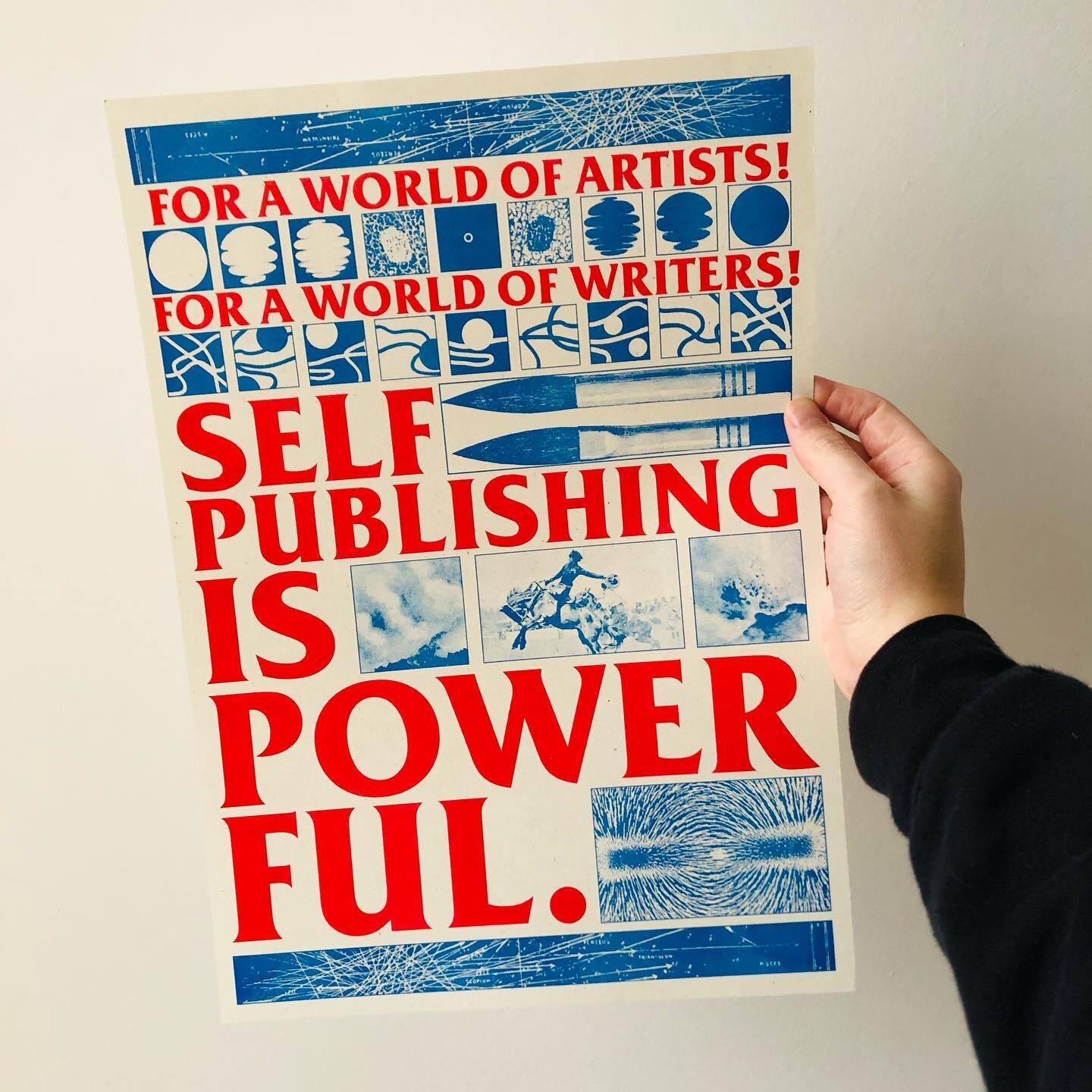
And I suppose in this political climate, with so many cuts to arts education, maybe just making art is political in itself.
Yeah, and I think the DIY aspect is so important as well. I remember doing a talk at a university a while ago, and a couple of people afterwards sending messages like, “Where did you study?” “Did you have any placements professionally?” and all this kind of stuff. Sometimes people get trapped in the thought that to be an artist, you have to study art. The only study you have to do is to be inspired by different artists and try it yourself.
Art should be enjoyment
I lived in New Castle for a number of years, and there was an amazing social space called the Star And Shadow, a volunteer community venue in which there’s a cinema and gig space, art space, and they have workshops as well. It’s all free of charge, and it was there that I learned how to screen print. Finding those spaces can actually be more beneficial than learning in a structured educational setting in which you have to pay for it, and the onus is on getting a certain grade or doing it a certain way, which will be approved by a certain lecturer or teacher.
Do you still have a day job?
I was a HIV community worker, so I worked for a sexual health organisation for about four or five years doing community work with people who are most at risk of HIV. Most of my work centred around queer people, particularly gay men, bi men and trans women, and sex workers as well. At the end of 2021 we lost our funding as a local organisation, I think we’d been around for about 25 years. So that’s why I took the plunge and to do Black Lodge full time, it was a byproduct of funding cuts, ironically.
Read More: Gut Level: A Space For Freaks



